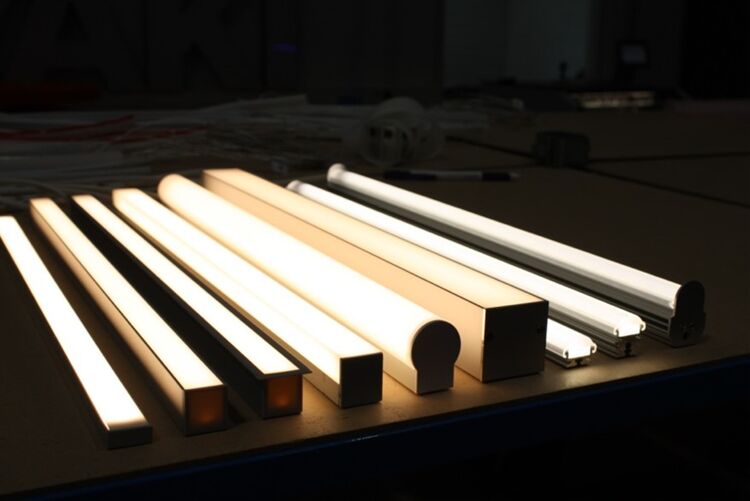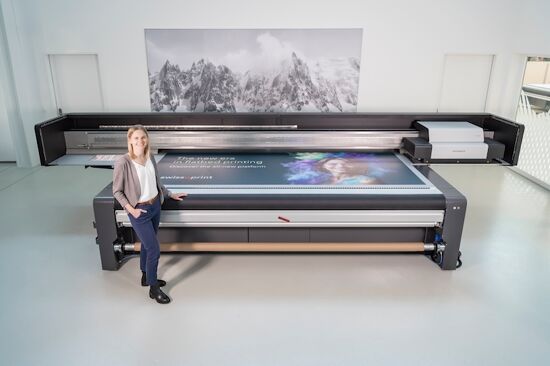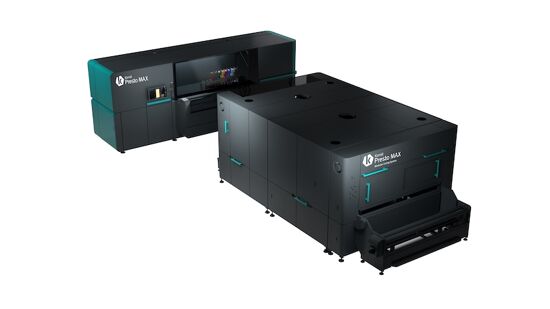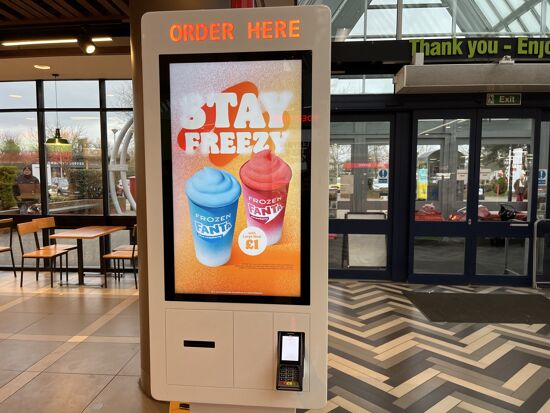‘Less is more’: LEDIT YAKI puts the spotlight on trends in LED lighting

FESPA speaks to LEDIT YAKI about the importance of efficiency and sustainability in illuminated signage as today customers are looking for solutions that reduce material and energy consumption.
Efficiency and sustainability are the two major drivers in illuminated signage, with customers looking for solutions that reduce material and energy consumption.
That’s according to Joanna Lavaud, Marketing & Communication Officer for European Sign Expo 2021 Gold Sponsor LEDIT YAKI, which in 2020 merged the LED lighting expertise of LEDIT International and YAKI.
 Caption: LEDIT YAKI's head quarters, the Light House
Caption: LEDIT YAKI's head quarters, the Light House
“Customers always want more: more minimalist, more efficient. Nowadays, ‘less is more’: less modules, less expensive, less consumption, less intrusive (more discreet), less material, less environmental impact”, says Joanna. “This means that, as suppliers, we need to offer solutions that meet the need for higher efficiency and quality, more extensive warranty, improved technology and systems, and smarter, more controllable ranges.“
Connected, smarter – evolving for the future
As an expert in LED systems for the last decade, LEDIT YAKI sees solutions and technologies reaching a level of maturity which means that its focus can move to issues such as sustainability and light pollution. “Light pollution has had a big impact on how to illuminate a sign, and on considerations such as size”, continues Joanna.
“This could have been bad news for illuminated signage, but actually it’s had a positive effect. Brands are collaborating more about the concept of their visual communication, integrating signs and lighting in a more considered way, and looking for expert guidance on how to ensure regulatory compliance by means of better product efficiency, quality and performance.”
 Caption: Signage - lighting signature with MiNeon.
Caption: Signage - lighting signature with MiNeon.
Regulations and norms have become a catalyst for more forward thinking in visual communication, is Joanna’s conclusion. “What we’re seeing is more and more connected and ‘smarter’ solutions being developed, and this will keep evolving for the foreseeable future.”
.jpg?lang=en-GB) Caption: Custom-made linear lgihting: GAMMA and KAPPA
Caption: Custom-made linear lgihting: GAMMA and KAPPA
Sustainability is a hot topic too and it’s a mandatory focus in the business. “LEDs themselves have already been a revolution in sustainability”, she says, “but there’s more we can do with improvements around the product itself, for example in our packaging and manufacturing practices and – an issue for the future – transition to more local manufacturing.”
These trends are reflected in LEDIT YAKI’s product highlights at European Sign Expo 2021, including MiNeon, tunable white products and high efficiency solutions. Visit LEDIT YAKI on Stand 2-C11. European Sign Expo (Amsterdam RAI, 12 to 15 October 2021) is co-located with FESPA Global Print Expo 2021, offering signage and visual communication professionals a comprehensive overview of the latest innovations in non-printed and printed signage under one roof. Register here and use ESEM102 to save €30 on your entry.
Topics
Interested in joining our community?
Enquire today about joining your local FESPA Association or FESPA Direct
Recent news

The importance of ink for large format printers
Ink is crucial for large format inkjet printers, influencing substrate compatibility, productivity, and cost. Nessan Cleary discusses the three main types which include UV-curable ink, latex ink and eco-solvent ink. Each ink type has specific strengths and weaknesses, making printers choice dependent on budget and intended applications.

What are the benefits of Direct-To-Fabric printing?
Direct-to-fabric printing is gaining popularity for high-volume textile production, enabling on-demand, customized short runs. These printers offer ink flexibility, accommodating various fabric types like cotton and silk, though ink development focuses on faster turnaround by reducing pre- and post-processing. Compared to traditional methods, direct-to-fabric inkjet printing is a more sustainable option due to reduced water and chemical usage, and localized production.

What are the opportunities for large format providers regarding digital touch screens?
Digital touchscreens are becoming increasingly common, offering businesses opportunities to improve customer engagement and streamline operations. Nessan Cleary shares, while more expensive to implement than standard digital displays due to complex software and integration needs, touchscreens provide self-service options, multilingual support, and can reduce staffing costs in various settings like retail, transportation, and healthcare.
